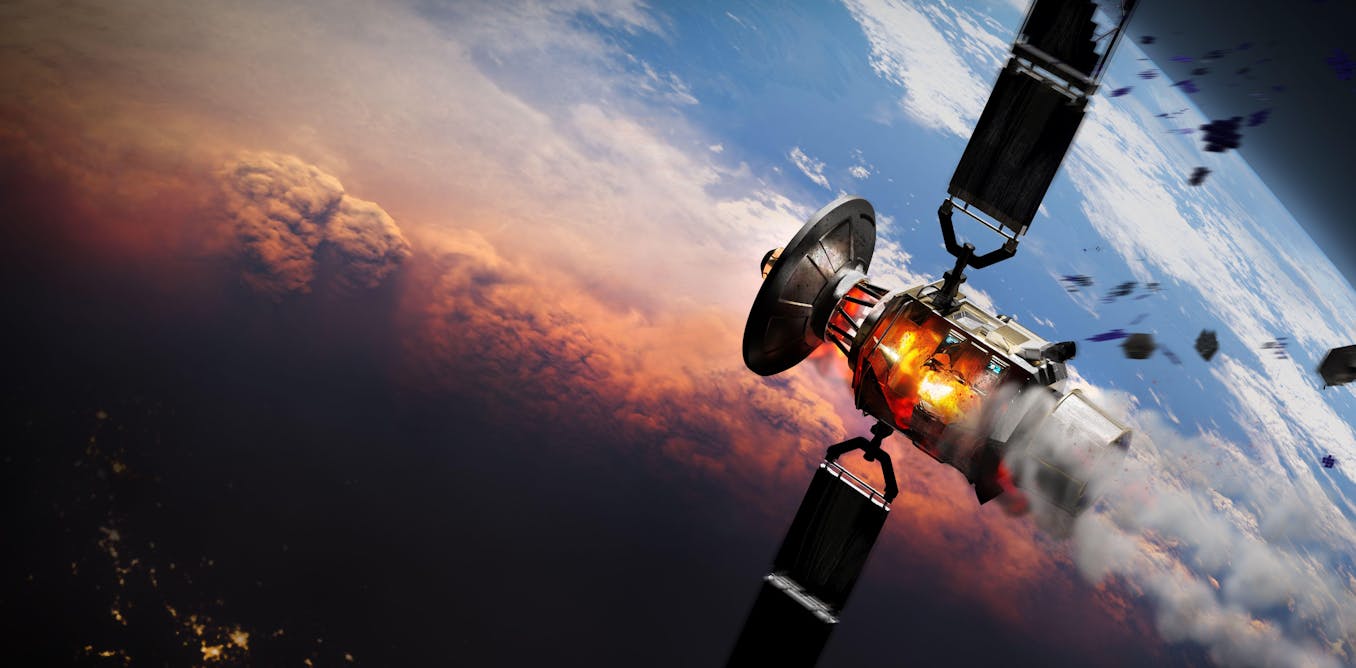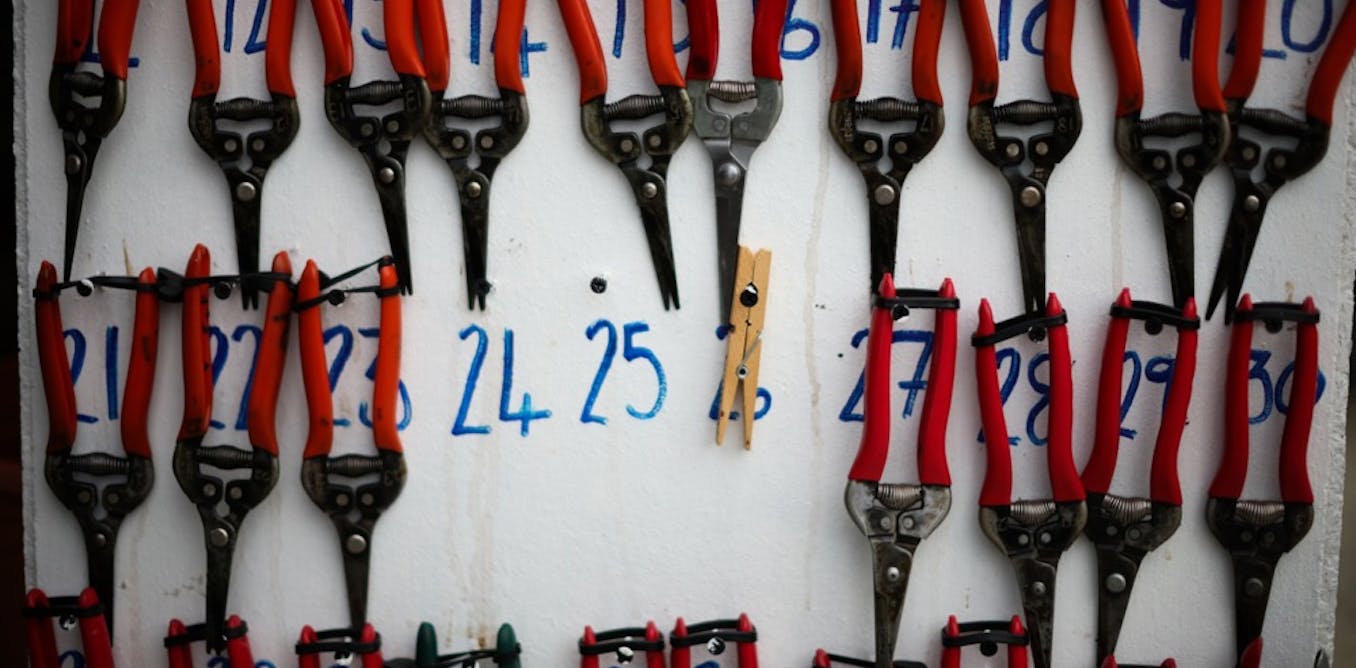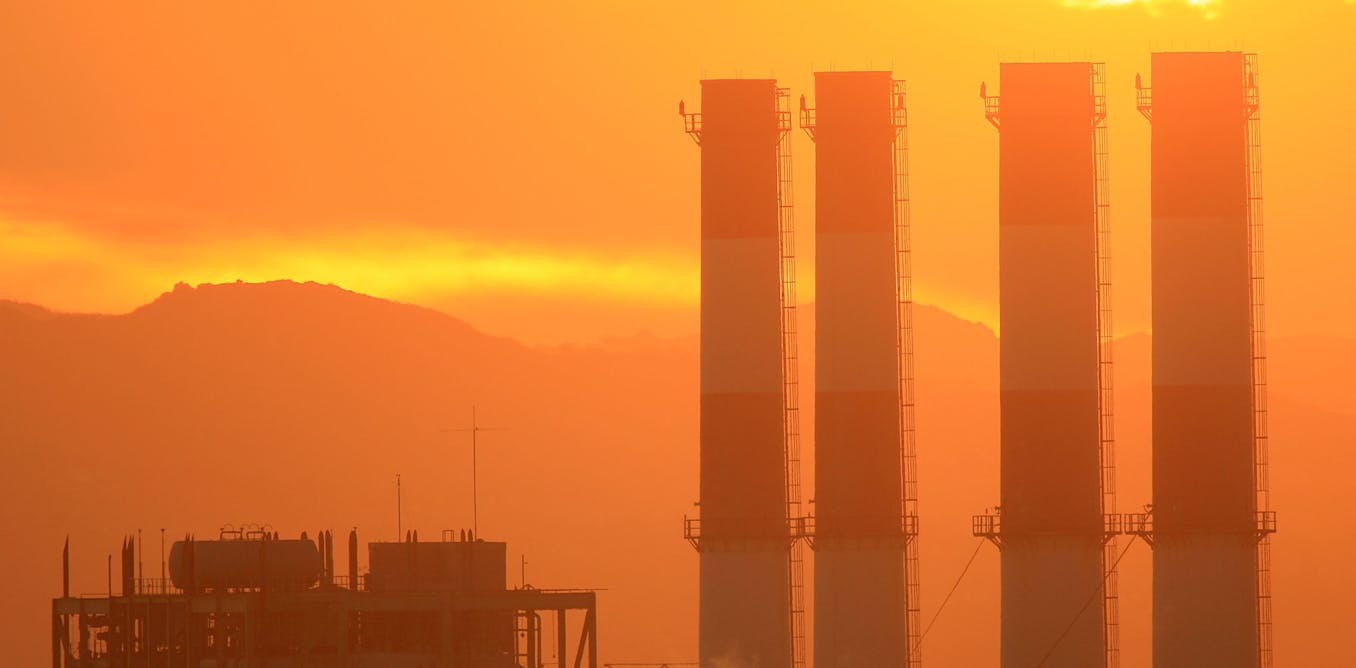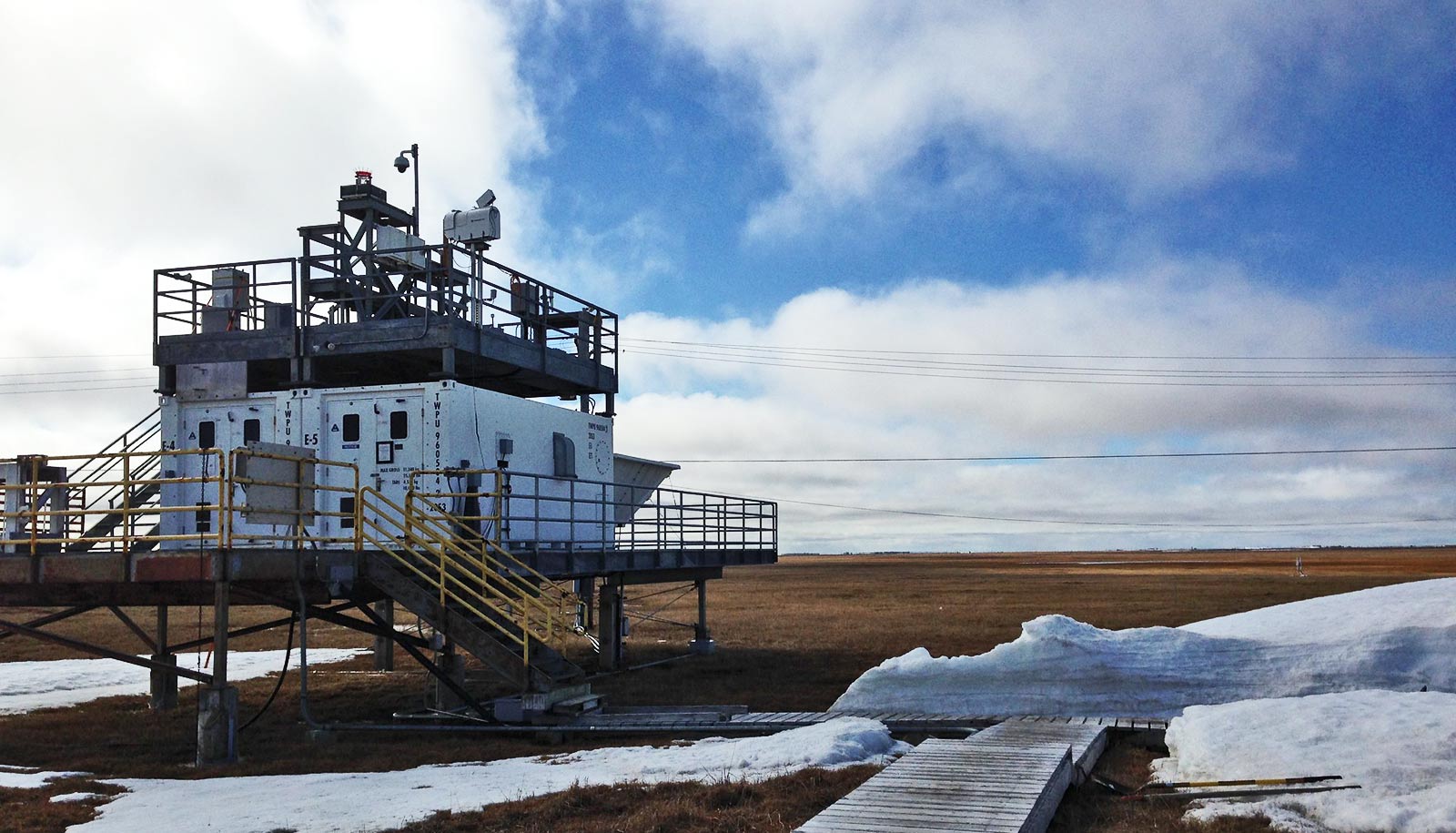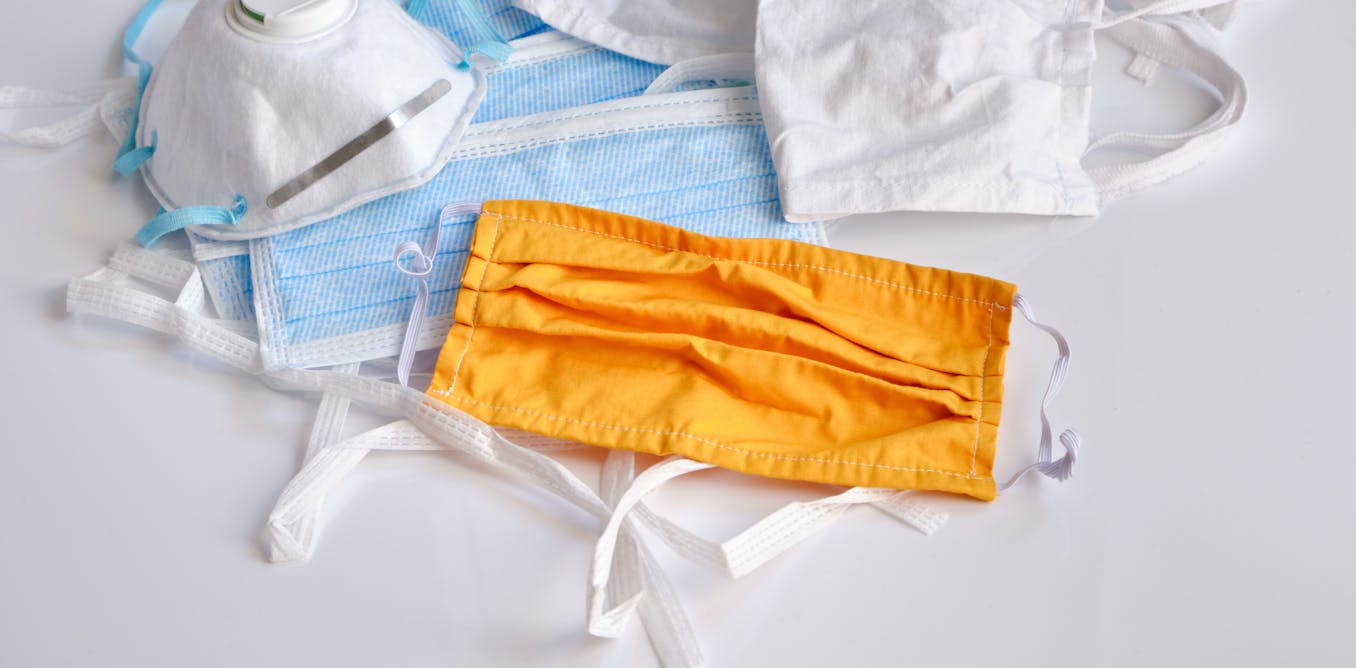Thousands of satellites are due to burn up in the atmosphere every year – damaging the ozone layer and changing the climate
The number of satellites is exploding, and we still don’t have a fully safe way to dispose of them.
March 20, 2025 • ~7 min
Geoengineering is politically off-limits – could a Trump presidency change that?
Trump has long been a climate-sceptic. But he’s close to tech figures who like big technological solutions to global problems.
Feb. 17, 2025 • ~6 min
Here's what's driving the record autumn heat (it's not just carbon emissions)
On top of rising greenhouse gas emissions, aerosol pollution which would normally cool Earth has fallen.
Oct. 11, 2023 • ~6 min
Toilets spew invisible aerosol plumes with every flush – here's the proof, captured by high-powered lasers
Toilets eject aerosol droplets that may carry disease-causing pathogens. Learning about how these particles move could help reduce exposure in public restrooms.
Dec. 8, 2022 • ~7 min
What is 'committed warming'? A climate scientist explains why global warming can continue after emissions end
Thanks to humans, the concentration of planet-warming carbon dioxide in the atmosphere is now 50% higher than before the industrial era. These gases are raising Earth’s temperature.
June 9, 2022 • ~7 min
What is 'committed warming'? A climate scientist explains why global warming can continue long after emissions end
Thanks to humans, the atmosphere has 50% more planet-warming carbon dioxide today than it did before the industrial era. Those gases will continue raising Earth’s temperature for years.
June 9, 2022 • ~7 min
What is the best mask for COVID-19? A mechanical engineer explains the science after 2 years of testing masks in his lab
The CDC’s updated mask guidelines say that cloth masks offer the least protection from COVID-19. Differences in the materials masks are made from and the ways they fit are the reason.
Jan. 25, 2022 • ~8 min
/
4


